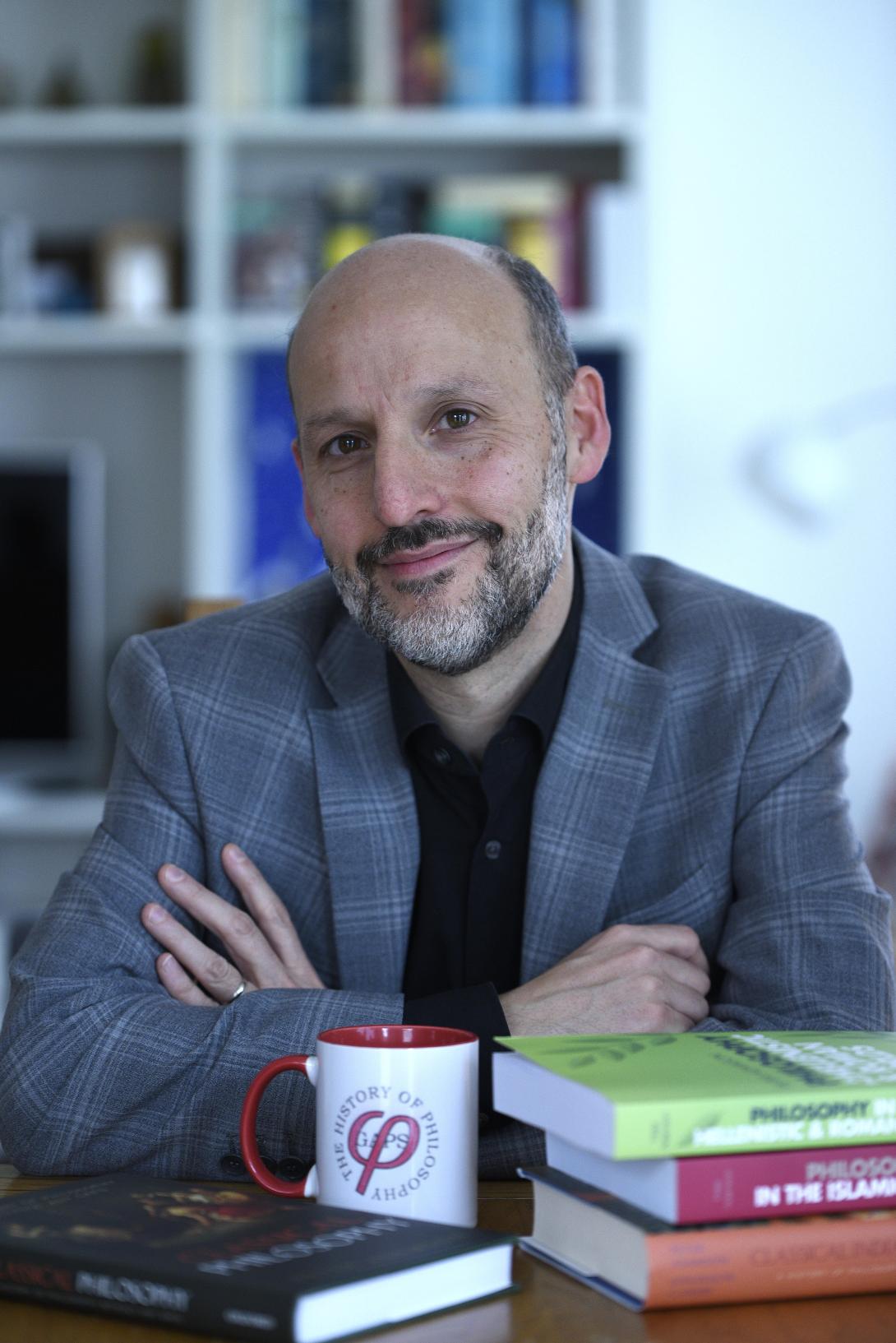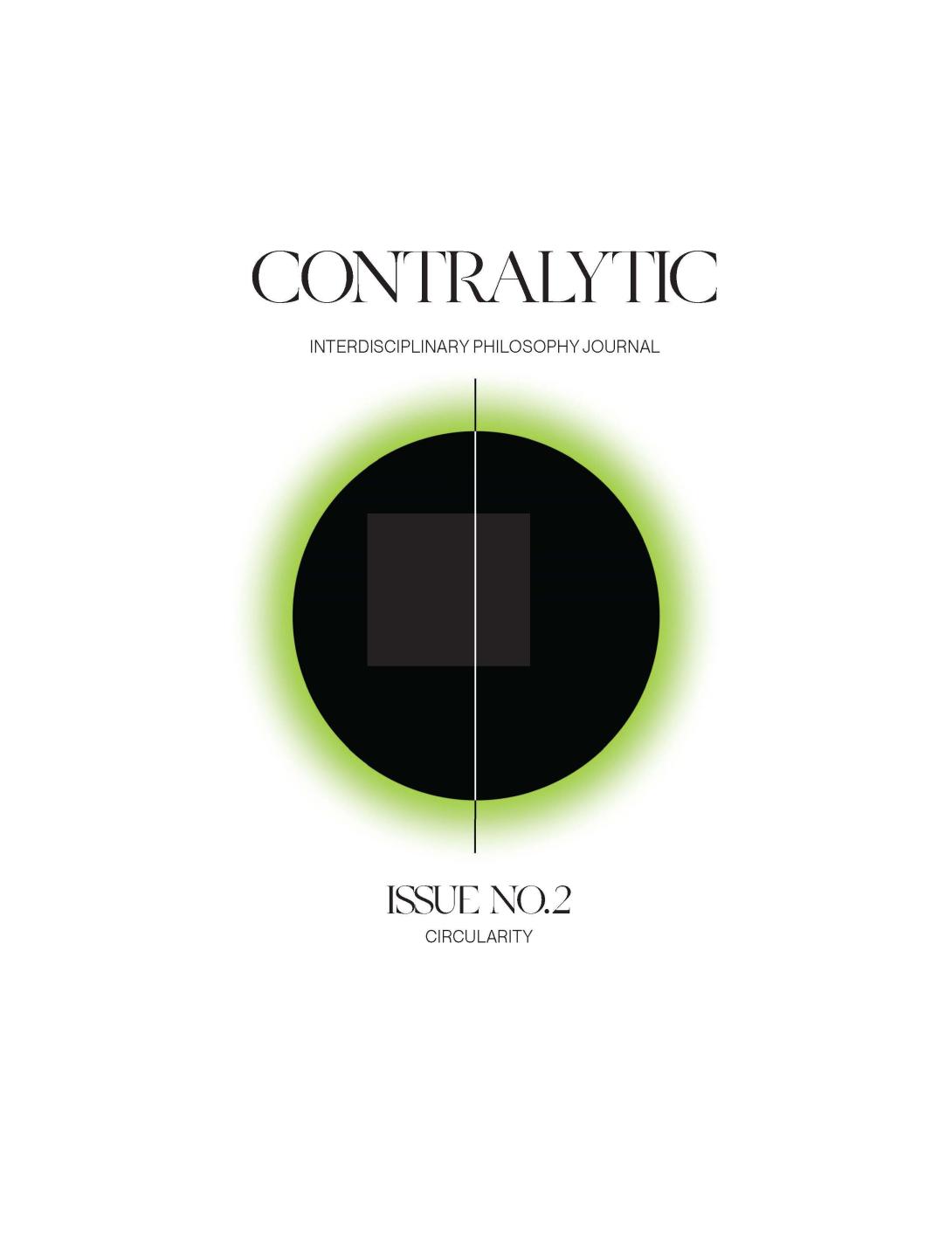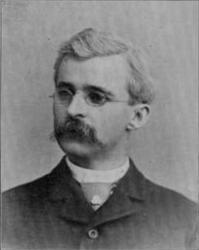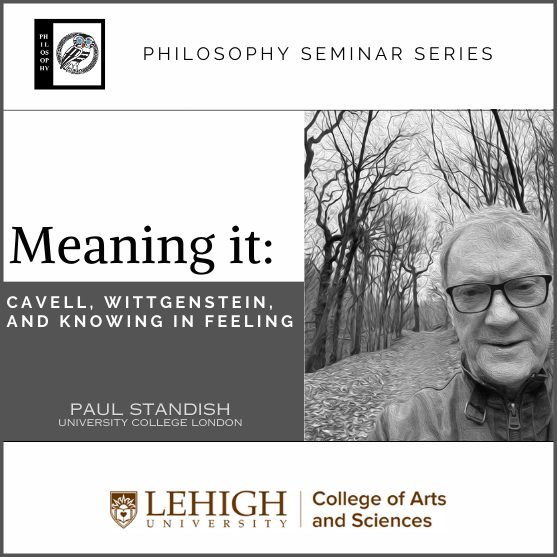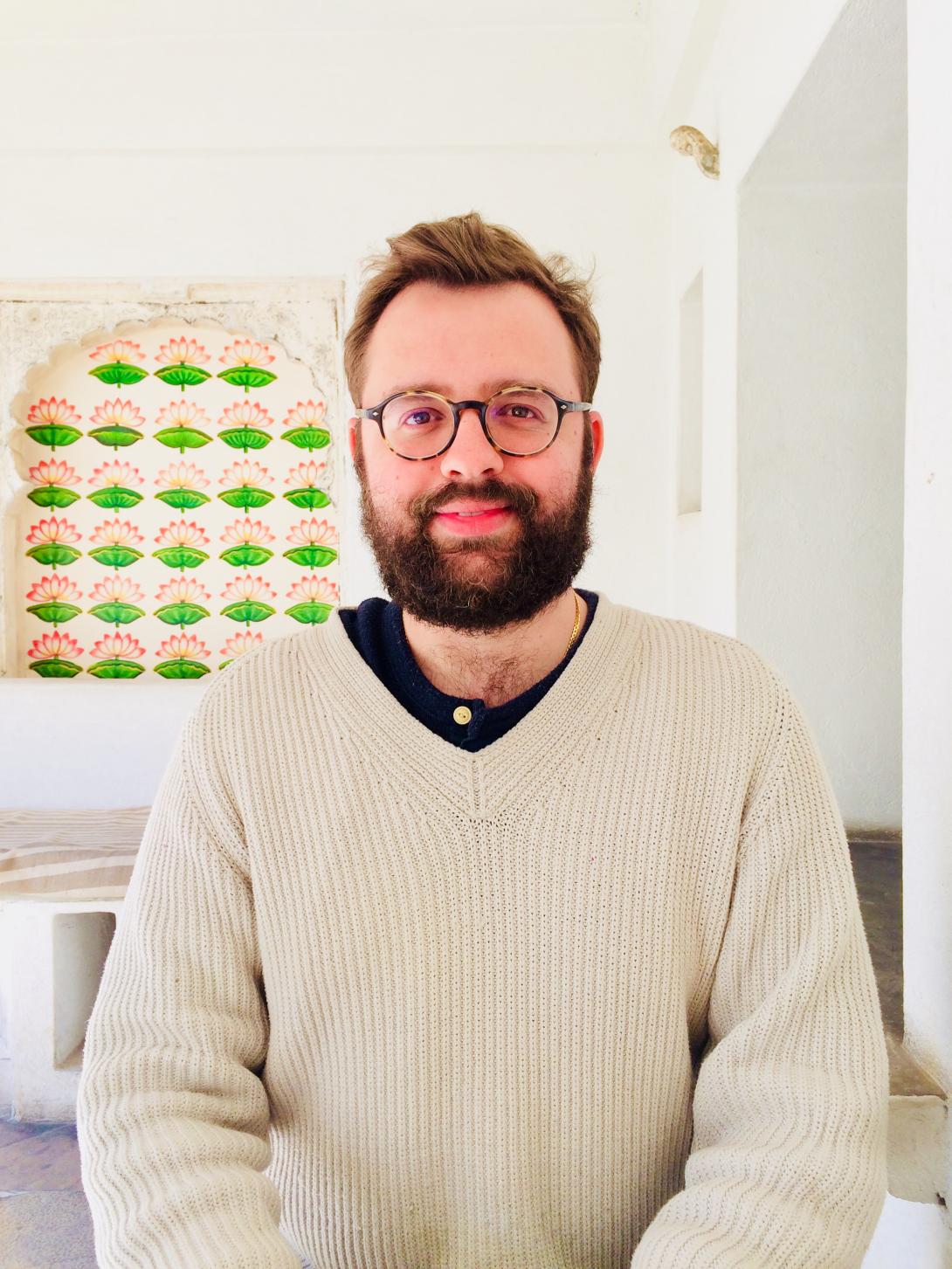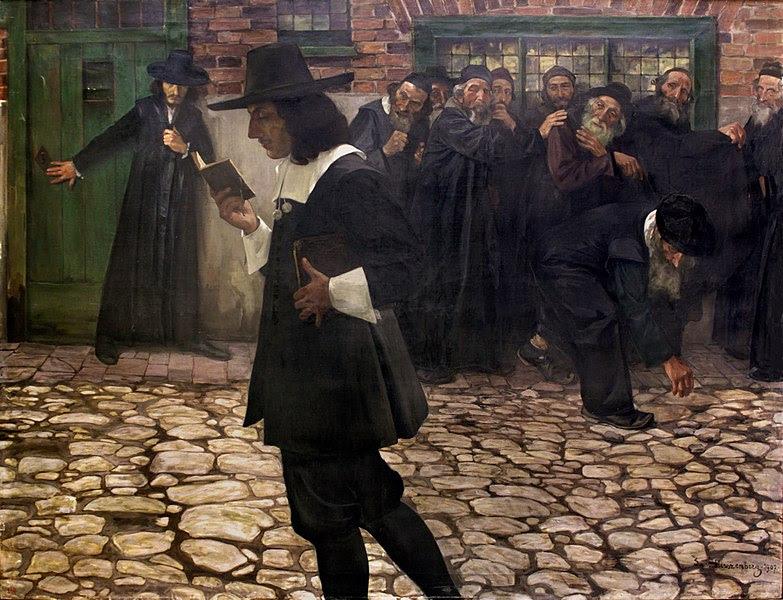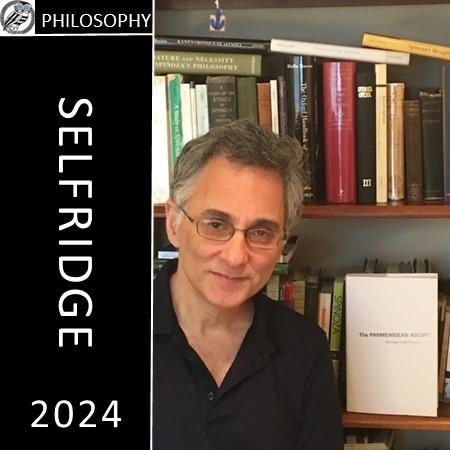We are excited to announce Michael Della Rocca, Sterling Professor of Philosophy of Yale University and one of the most prominent philosophers in America today, as the 2024 Selfridge Speaker. A rationalist, monist, skeptic, and renegade analytic philosopher, Michael Della Rocca is the author of The Parmenidean Ascent, of two books on Spinoza's philosophy, and of many articles in metaphysics and the history of modern philosophy.
Professor Della Rocca will deliver the Selfridge Lecture on Wednesday, March 6th at 4:30pm in Neville Hall 303, on "The Original Sin of Analytical Philosophy". (Add to calendar) In this lecture, Professor Della Rocca will examine five crucial and influential episodes from early analytical philosophy in which Frege, Russell, Moore, and others play key roles. In each episode, the debate is, he argues, structurally analogous to the debate over Cartesian mind-body interaction. In particular, he argues that just as the Cartesian position in the interaction debate turns on whether the Principle of Sufficient Reason (the PSR) is rejected—Descartes, the great (as will become apparent) anti-rationalist, rejects the PSR in this case—so too the seminal positions taken up by these early analytical philosophers turn on the anti-rationalist denial of the PSR. Further and perhaps disturbingly, these seminal positions are thus as problematic as the problematic Cartesian position with regard to mind-body interaction.
Professor Della Rocca will also give a College Talk on Thursday, March 7th at 4:30pm in the Scheler Humanities Forum (Linderman 200), on "Becoming One: Theology and Philosophy, Will and Intellect, Finite and Infinite in Spinoza"(Add to calendar). In this lecture, Professor Della Rocca aims to shed light on Spinoza’s metaphysics and philosophy of mind by closely examining a central feature of Spinoza’s political philosophy: the relation between philosophy itself and theology, two domains which may seem radically distinct but are, for Spinoza, ultimately somehow united. The difficult task lies in explaining what “ultimately” means here, in articulating the “how” in this “somehow,” and in spelling out the distinction-undermining nature of this union between theology and philosophy. Professor Della Rocca then employs this kind of union in order to develop a robust account of the union between will and intellect and between finite and infinite in Spinoza. The lecture will close with some implications of these kinds of unions in Spinoza for his view on the eternity of the mind.
Selfridge 2024 will conclude with the Selfridge Workshop on March 8-9 on "Big Picture Metaphysics", organized by Prof. Ricki Bliss, with the participation of Professors Michael Della Rocca (Yale), Toni Koch (University of Heidelberg), Laura Guerrero (William and Mary), Nicholaos Jones (University of Alabama), Graham Priest (CUNY), Sam Lebens (University of Haifa) and Filippo Casati.



